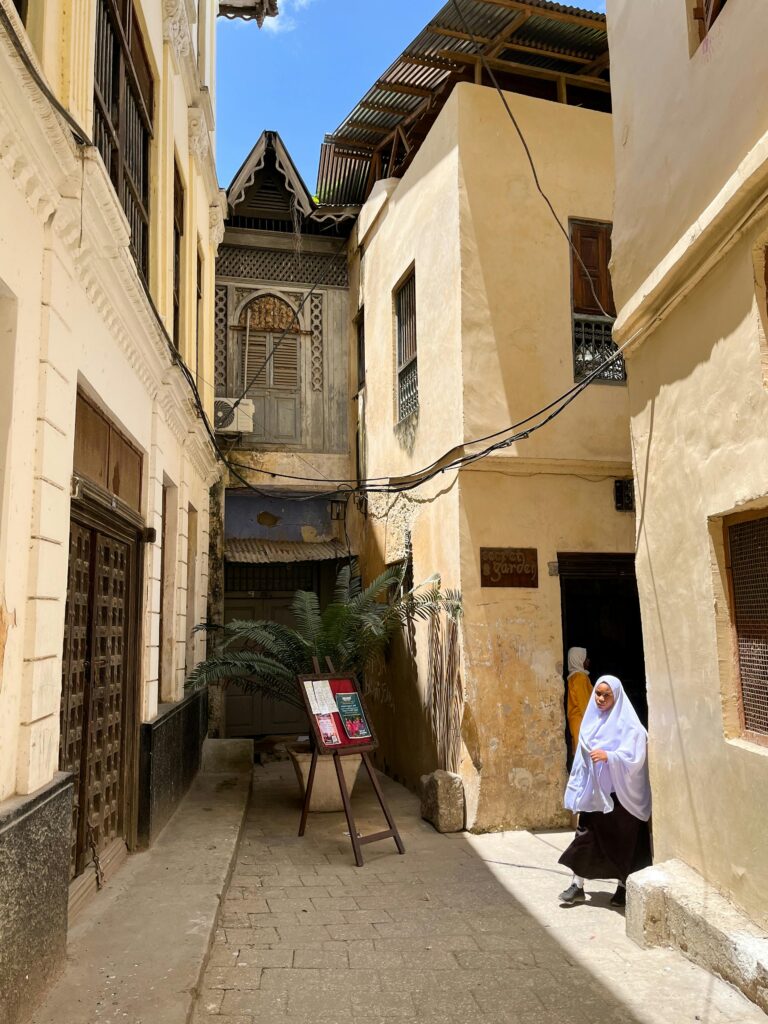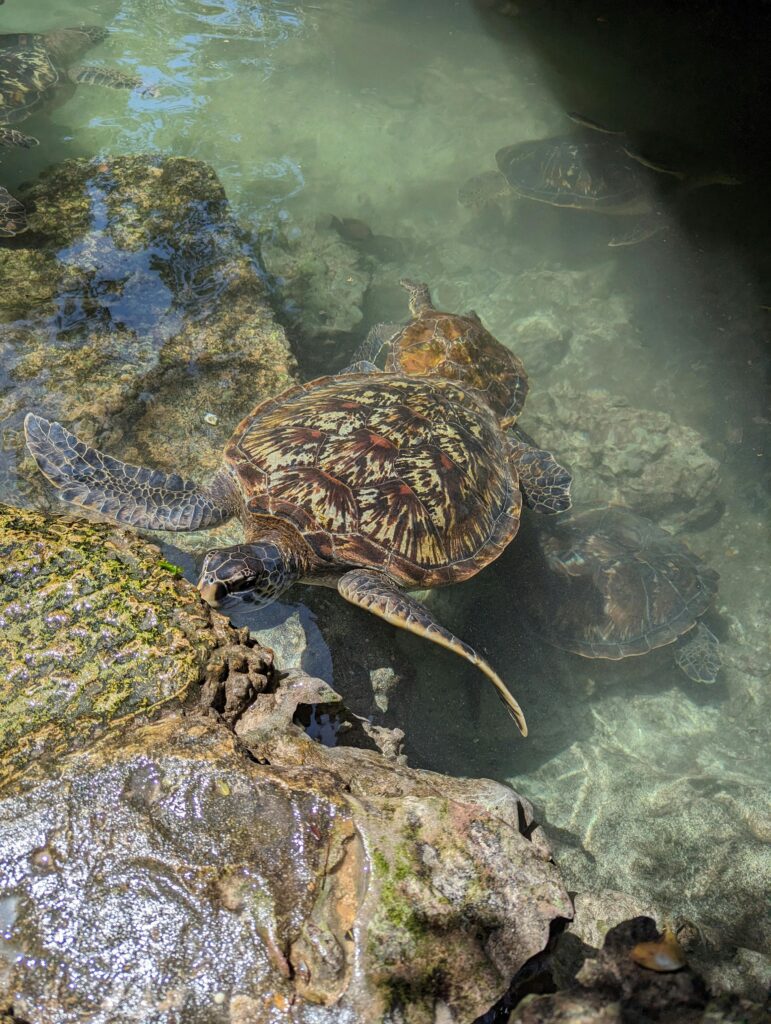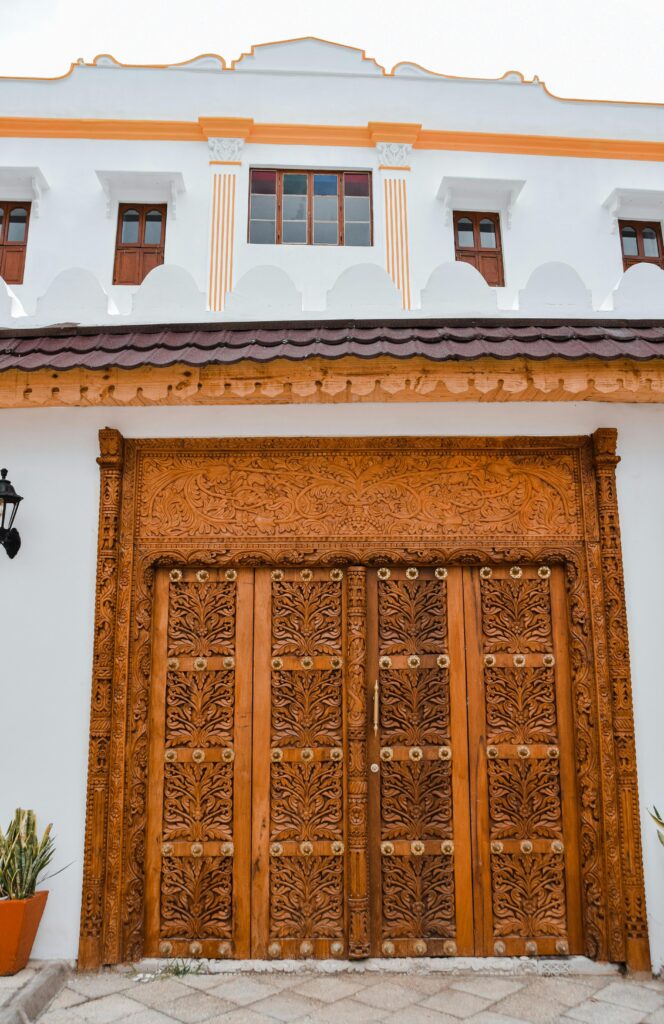A school trip to Zanzibar is an introductory journey to human civilization that allows students to experience a region influenced by the Arabs, Omani, Indians, Chinese, Portuguese and local Bantu people. This led to the evolution of Swahili people and subsequently the beautiful Swahili language and culture.

Zanzibar offers an incredibly rich tapestry of history, culture, and educational opportunities for study travel. For students and lifelong learners alike, the islands serve as a living classroom where one can engage with a unique blend of African, Arab, Indian, and European influences while also exploring its biodiversity and historical heritage.
A study trip to this vibrant city is ideal exposure for students to experience rich authentic Swahili culture which as a result of the legacy of Arab traders and European explorers, Zanzibar is a melting pot of languages, religions, and traditions.
One of the opportunities is immersion into Cultural Fusion and History. Zanzibar’s history as a major trading hub between the Middle East, India, and Africa makes it a fascinating destination for studying topics related to global trade, cultural exchange, and the impact of colonization. The UNESCO World Heritage Site of Stone Town is the beating heart of this history. With its labyrinthine streets, bustling markets, and ancient buildings, Stone Town offers an immersive experience for those studying architecture, urban history, and the effects of colonialism.

Another opportunity is experiencing Swahili Language and Culture as it’s one of the best places to learn Swahili, a lingua franca in East Africa. A hands-on approach to student’s experience in Swahili such as cooking classes, traditional music and dance performances, and home-stays with local families not only exposes them to the language but they also deeply understand the customs and values of the Swahili people.

As part of an itinerary, introducing students to Mangrove forests and coastal ecosystems also present rich opportunities for studying climate change, biodiversity, and conservation efforts. The coral reefs that surround the islands are home to a vast diversity of marine life, including sea turtles, dolphins, and a kaleidoscope of colourful fish where students can do snorkeling and explore the underwater world firsthand.
In agricultural exploration, Zanzibar also Known as the “Spice Islands,” is famous for its production of cloves, nutmeg, cinnamon, and other spices. Visiting spice farms offers insight into the historical and economic significance of these crops, and it’s a great way to learn about the sustainable agriculture practices in place today. Such benefits in study trip awakens students’ desire to profession in agriculture usually not seen as ‘cool’ enough

Students curious about environmental management, or hospitality management are able to examine how local communities are working toward sustainability in tourism.From eco-lodges to cultural tours run by local cooperatives, there are many projects that serve as case studies for the impact of tourism on developing economies and fragile ecosystems.
A school trip to Zanzibar is a journey through human civilization.
